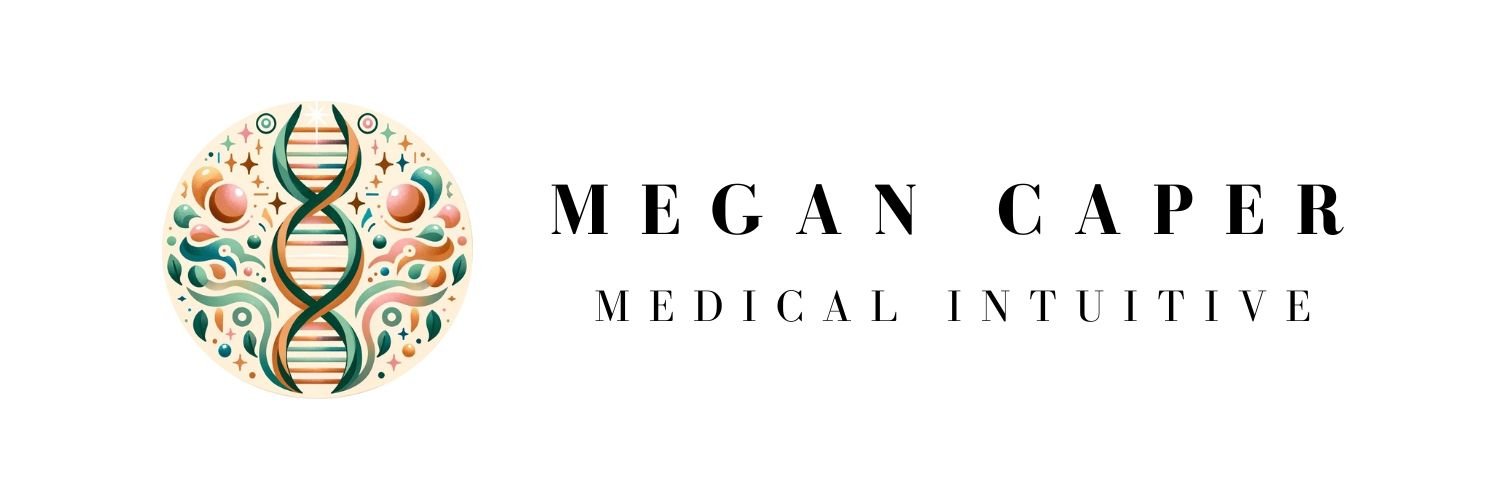Sensitive Souls: Understanding Your Place in the Neurodiversity Puzzle
Do you ever feel like you're tuned into the world on a deeper level than most? Like you're the one who'll catch the slight shift in a friend's smile or find yourself needing a quiet moment after the hustle and bustle of a busy store? If you're nodding along, you might just identify with being a Highly Sensitive Person (HSP). It's a special trait that I identify with and one that I would classify as another form of neurodiversity.
So, What Exactly is an HSP?
The HSP brain does not function identically to its neurotypical counterpart; it is characterized by a heightened processing of emotions, an acute sensory awareness, and an intuitive grasp of the energetic and emotional climates that surround them. Think of an HSP as someone with emotional and sensory volume knobs turned up high. The world is a bit more vivid and intense through their eyes. Every sound, emotion, and vibe in the room comes in crystal clear—and it can be overwhelming, just like trying to listen to a blaring symphony all day, every day. It's not just about their five senses though; it's about feelings, too. HSPs can pick up on the slightest shift in someone's emotional landscape, almost like they have an internal mood radar. The empathic nature of HSPs means they are not just aware but also absorbent of the moods and energies of people around them, making them natural empathizers.
But why are HSPs like this? Well, it's like they're born with a natural sensitivity setting that's then shaped by the world around them. Maybe they grew up in a home where they had to be in tune with a parent's emotions, reading the room and tiptoeing around feelings. This combination of nature and nurture turns them into adults who are incredibly attuned to the world's nuances.
Neurodiversity: A Different Flavor of Being
Neurodiversity is a term that acknowledges and respects a variety of neurological experiences as natural variations within the human population. It encompasses a range of conditions such as Autism Spectrum Disorder, Attention Deficit Hyperactivity Disorder (ADHD), dyslexia, and more. It's this beautiful concept that suggests our brains aren't meant to be cookie-cutter copies of one another. It celebrates differences in brain makeup and acknowledges that these aren't flaws—they're just variations in the human condition.
The concept of neurodiversity shifts the dialogue from one of pathology to one of acceptance and inclusion, recognizing that each brain is unique and that these differences should not be stigmatized but embraced as part of the rich tapestry of human cognition.
Walking in a Neurotypical World When You're Not
Imagine walking through life with shoes that just don't fit—that's often how it feels for neurodiverse folks in a predominantly neurotypical world. It can be like trying to understand a language you weren't taught, or feeling out of step with what everyone else seems to innately grasp. And this is the daily reality for HSPs, too.
Picture this: the average day is bustling with noises, people, and a thousand little stressors that most can shrug off. But for HSPs, those same things can feel like a lot. The constant buzz and emotional static of the world don't just fade into the background. It's not about being fragile; it's just that when you feel everything so intensely, the world's volume feels cranked up to eleven.
Living as an HSP in a world catered to neurotypical preferences requires resilience and often necessitates developing personal coping strategies. HSPs must learn early on to create boundaries and safe spaces to recharge. They also have to navigate the misconception that their sensitivity is a hindrance rather than a nuanced way of engaging with the world and overcome the pressure to conform to a society that values stoicism over sensitivity.
Folding HSPs into the neurodiversity conversation isn't about slapping on a label; it's about recognizing and celebrating them for the depth and richness they bring to the human experience. It's a gentle reminder that being an HSP isn't a shortcoming—it's a superpower in its own right. Many healers (like me!), writers,musicians, craftspeople, and therapists are HSPs and we need these folks in our lives! So here's to the HSPs: the world needs your sensitivity, your empathy, and your unique way of seeing things. Keep feeling deeply—it's your gift to us all.
Xo Megan








